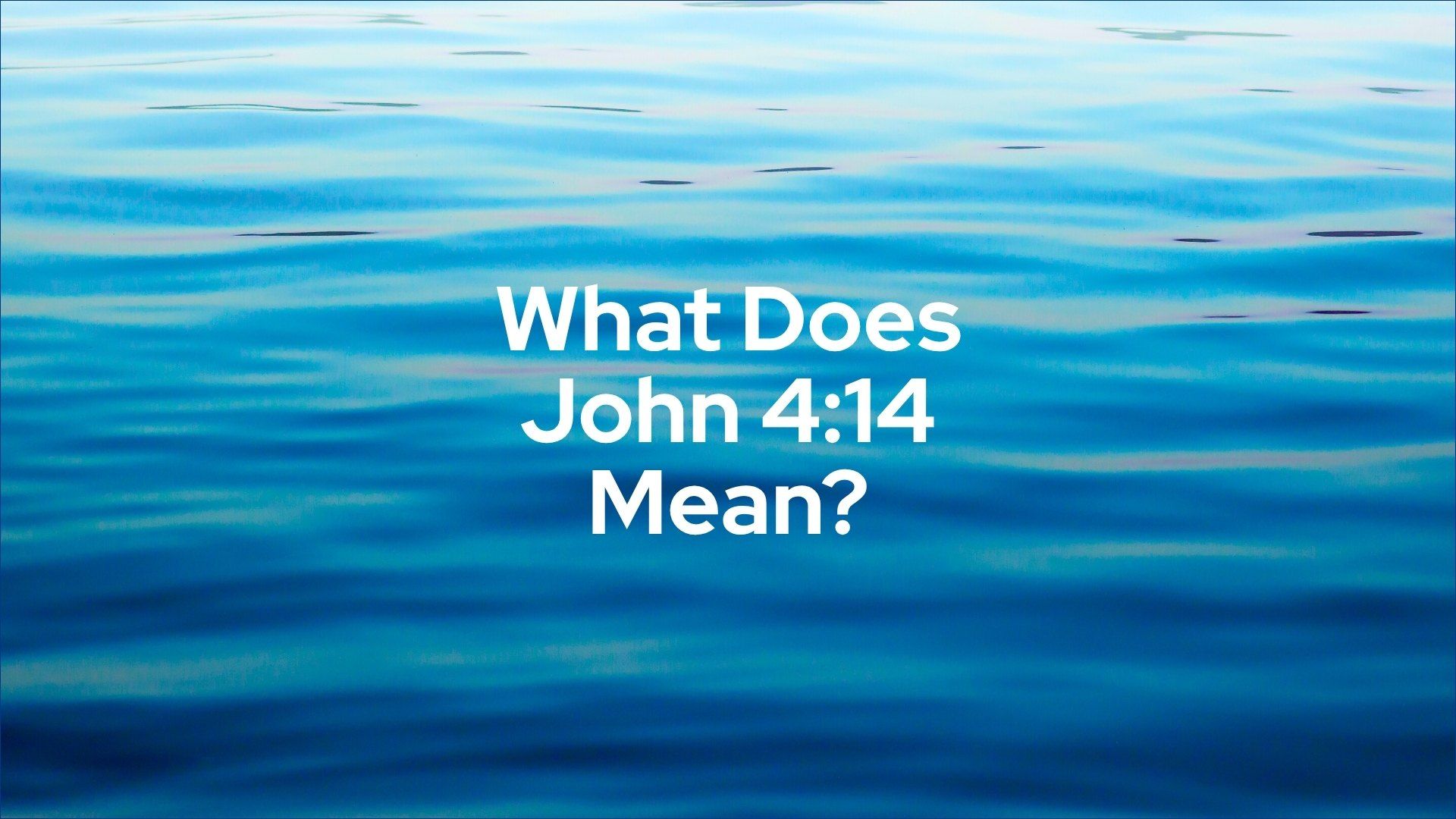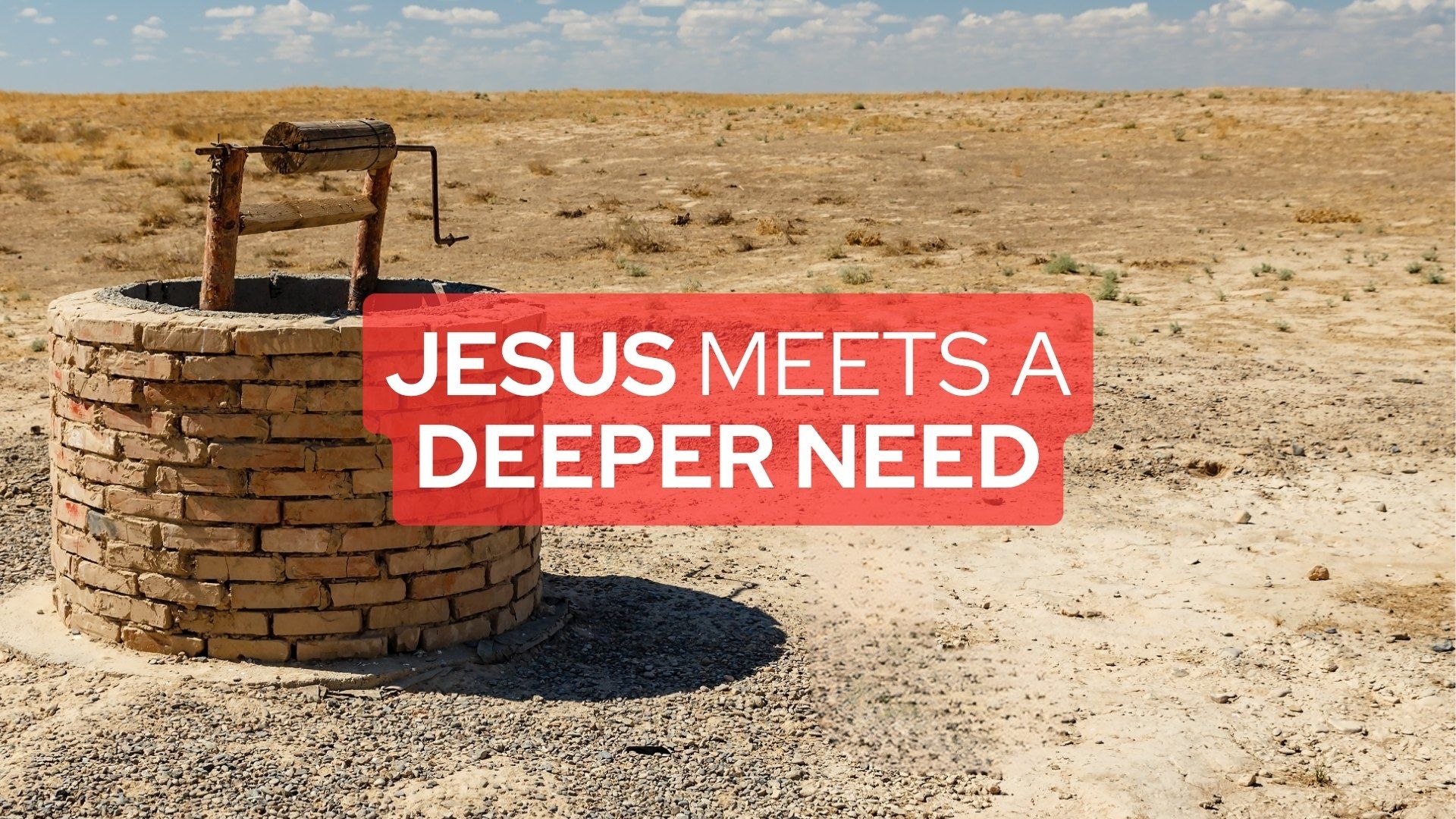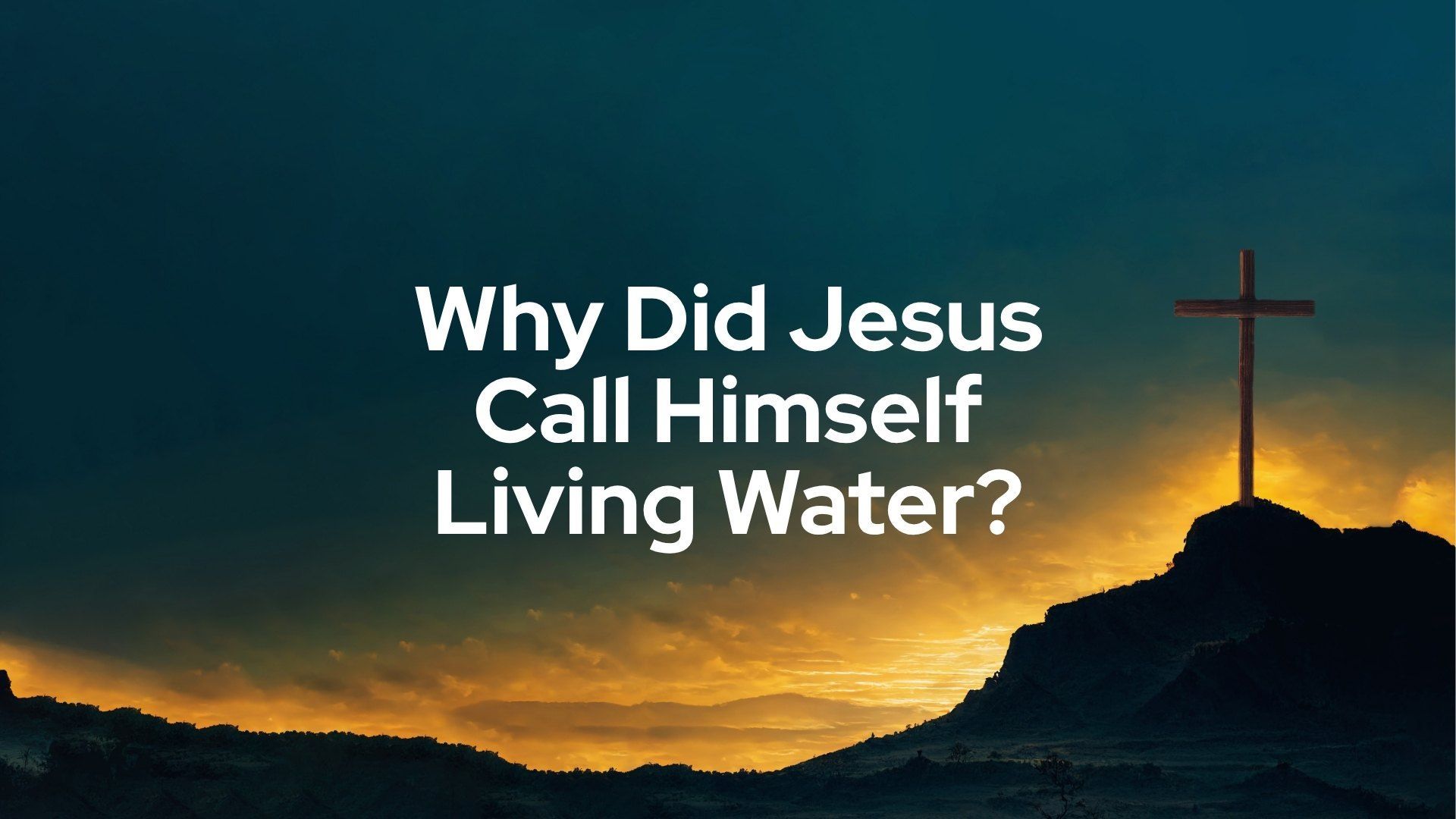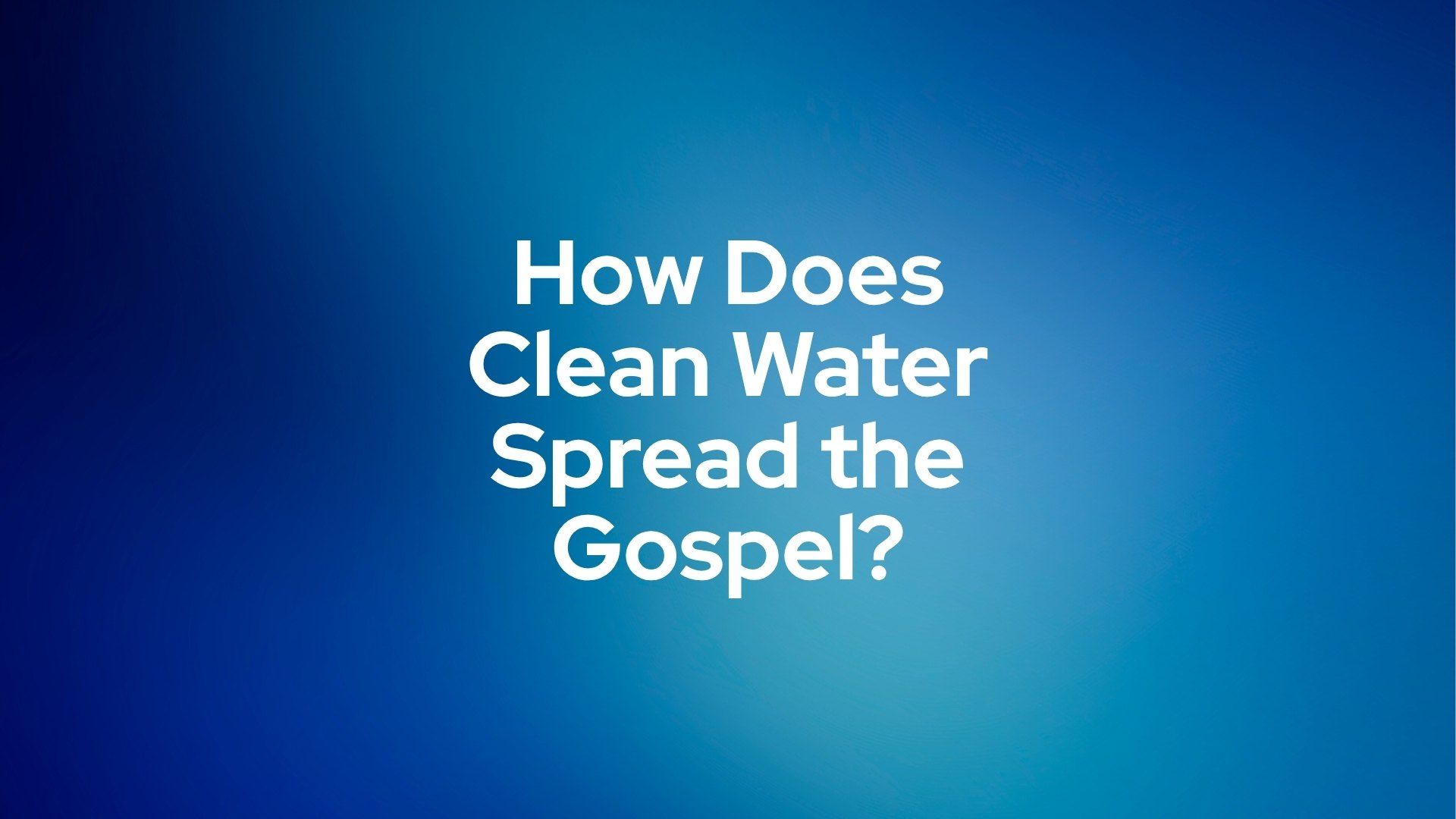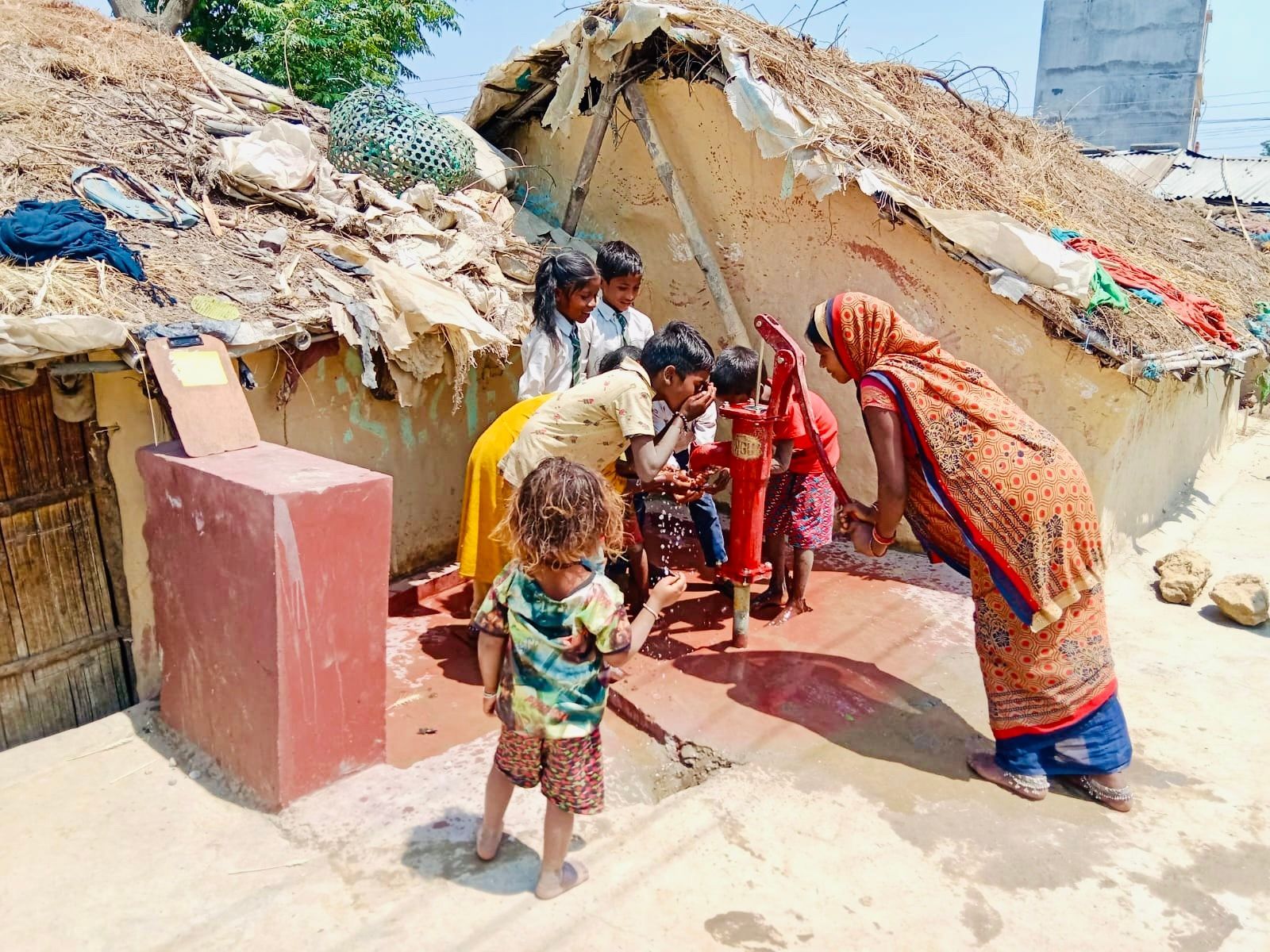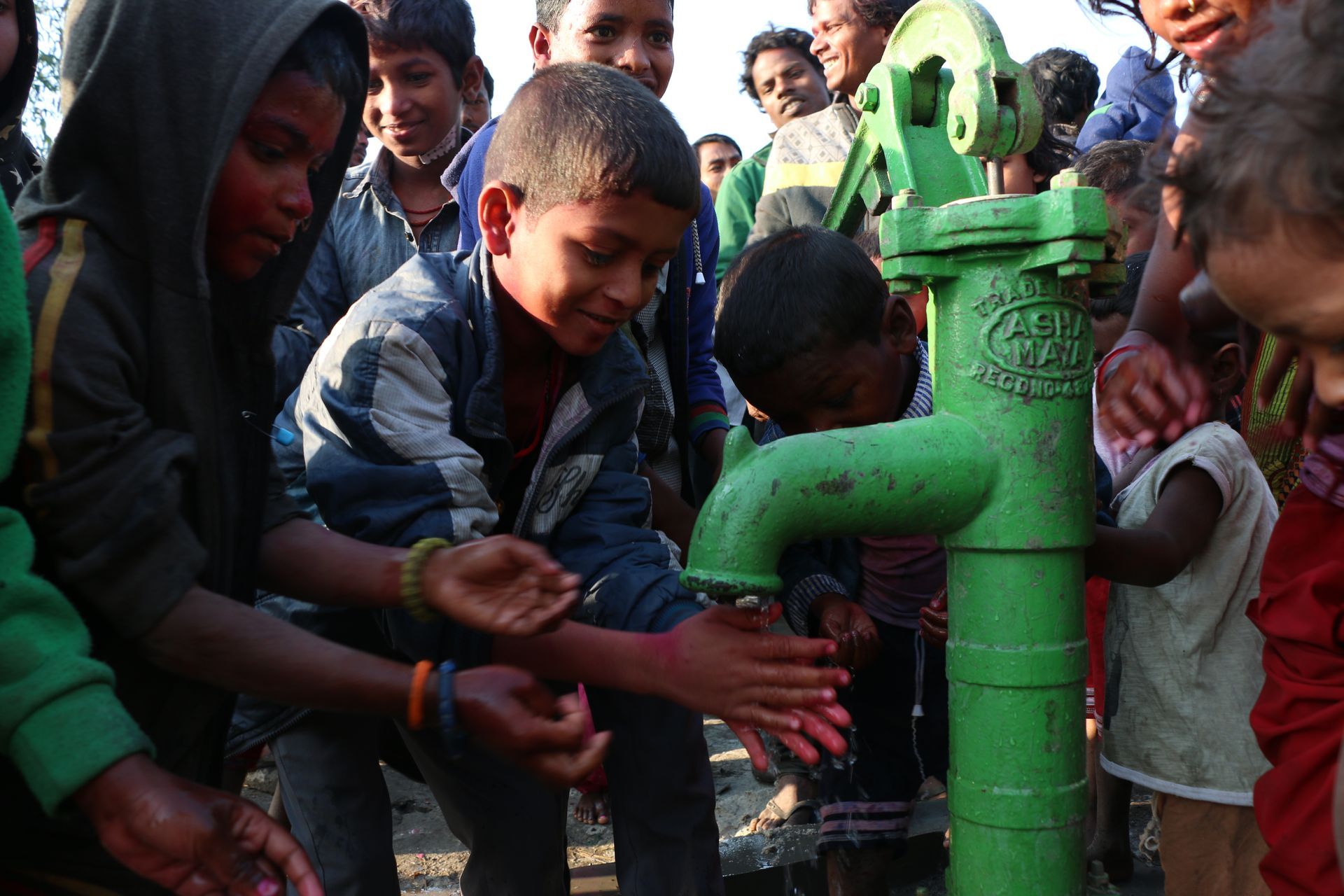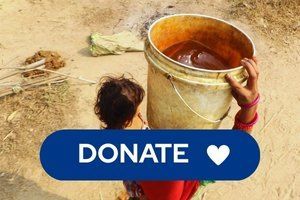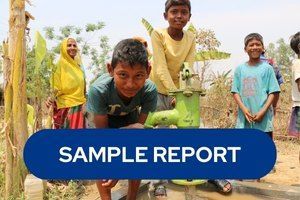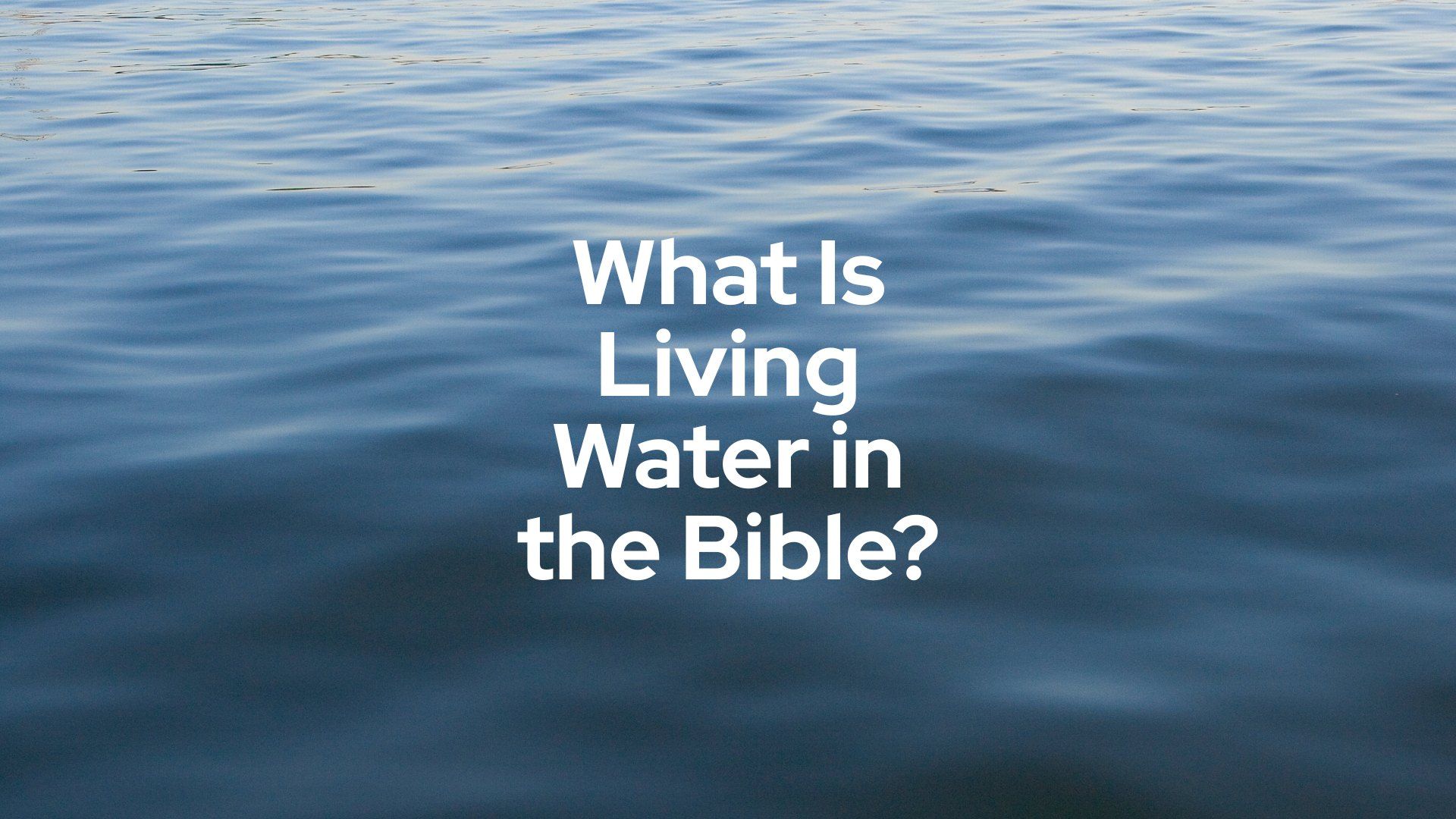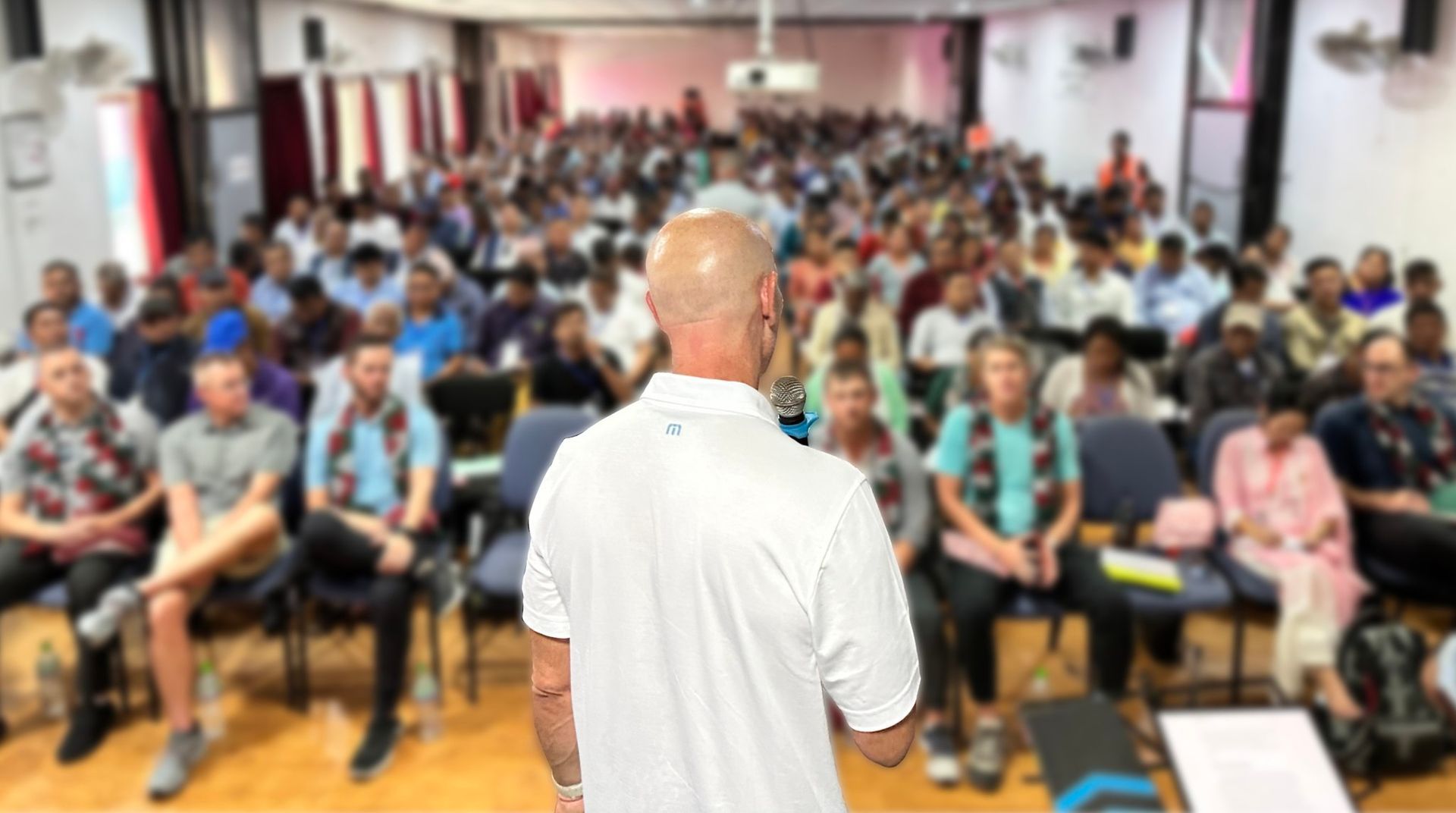The Importance of Proper Hand-Washing and Sanitation
Jesus is the living water
But do you know that BILLIONS of people don't have access to clean water? Start here →
Newsletter Subscription
Over the course of the last year, many aspects of our daily lives have taken on more significant importance. One of these areas is proper hand-washing and sanitation. This is something that many people didn’t often think about, merely just going through the steps. However, the COVID-19 pandemic has made us re-examine these small parts of our daily lives.
Even before COVID-19 hit, though, poor sanitation and lack of access to handwashing facilities accounted for nearly 1.5 million deaths per year across the globe. The majority of these deaths occurred in developing countries that all have one main thing in common: lack of access to clean water.
Once communities gain access to clean water, proper hand-washing and sanitation will become a reality. Proper hand-washing includes washing your hands with clean, warm water and soap for at least twenty seconds, scrubbing all around your hands, including in between all of your fingers.
With proper hand-washing, it’s also important to think about when and how often you wash your hands. Any time someone handles food, uses the restroom, sneezes, touches something outside, or touches something that many other people have touched, like a door handle, they should wash their hands.
Without clean water, people cannot properly wash their hands, even if they have soap and other cleaning supplies. This leads to the contraction and spread of infectious diseases like diarrhea, dysentery, cholera, as well as viral infections like influenza, meningitis, and even COVID-19. So, expanding access to clean water is the first step to helping those living without appropriate sanitation.
At Quenched we want to change the world and know that you do too. You can give the people of Nepal and India hope by partnering with us to offer them clean water and the life-changing message of Jesus Christ. Our work there is even more critical now due to the COVID-19 situation. Your contribution will fund the building of a well in a place in desperate need of clean water, train the local community in proper sanitation and hand-washing, and hopefully help to build a faith community as well.
Impact in your inbox
Jesus is the living water, yet BILLIONS of people don't have access to clean water. Start here!
Newsletter Subscription
